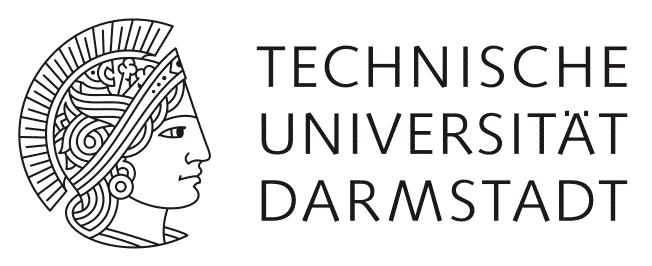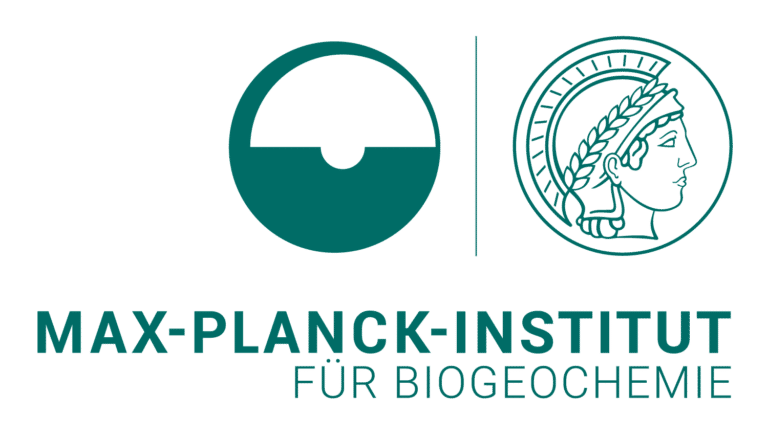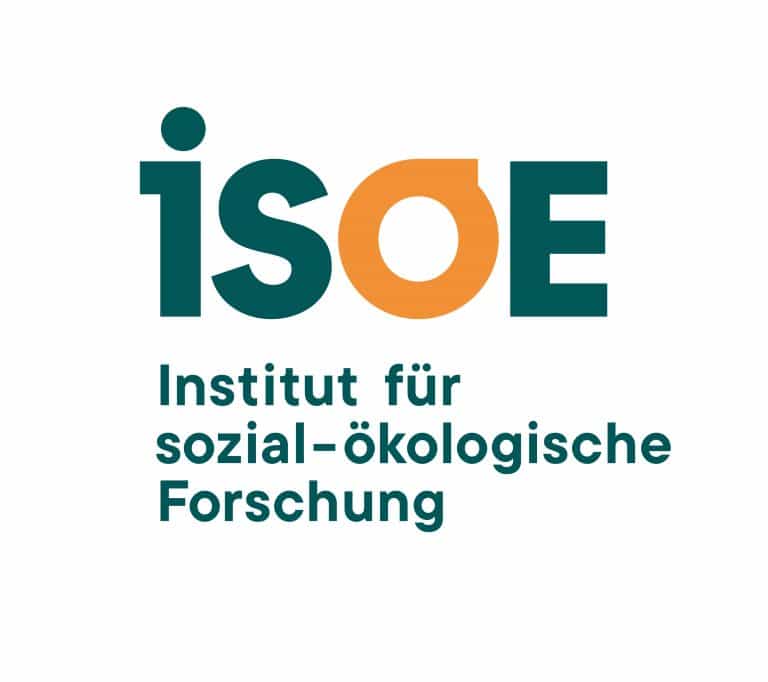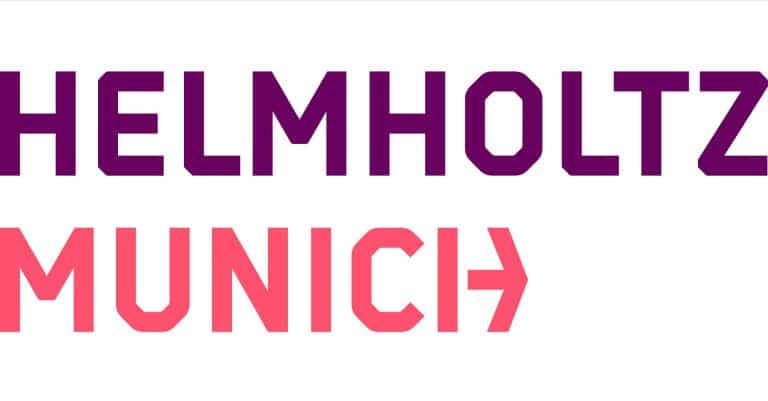MicroBEEs: Consequences of land-use for solitary bee microbiota composition and function
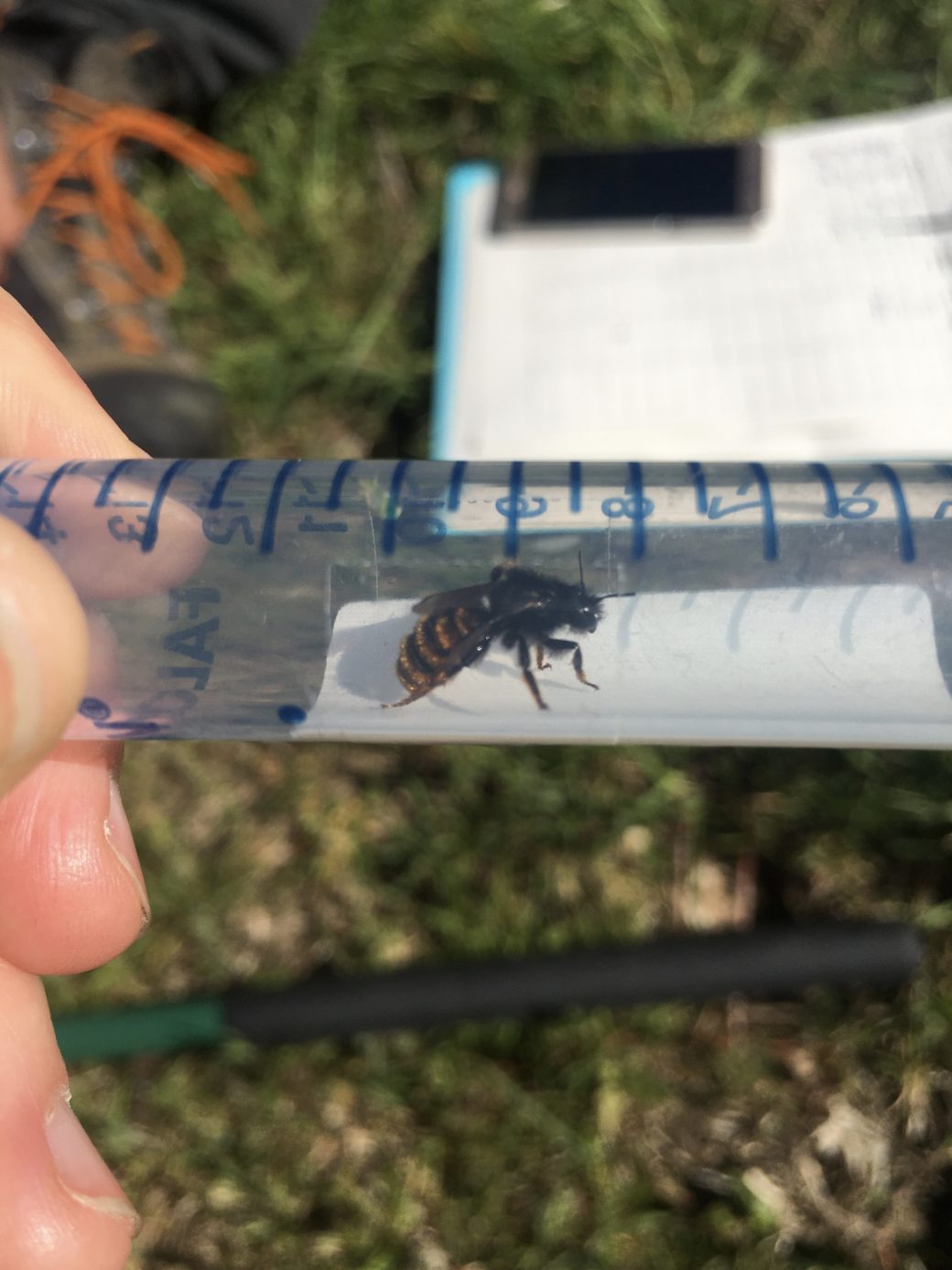
When addressing land-use effects on plant-pollinator interaction networks, a major player has so far been largely ignored: Microbes. In MicroBEEs, we investigate how land-use induced changes in flowering plant composition and diversity affect bee-microbe interactions via changes in the species and nutritional composition of available floral resources.
We combine network analyses of bee-plant (resource) and bee-microbe interactions with DNA-meta barcoding, shotgun metagenomics, laboratory assays and nutritional analyses. Our aim is to better understand which functions underlie interactions among and between mutualistic bee-microbe networks at both gene and taxonomic level. Specifically, we want to 1) disentangle bee-microbe networks in relation to land-use intensity and corresponding plant-bee diversity and network complexity, 2) define major functional genes of the bee microbiome, 3) experimentally verify the functional role of selected bacteria, and 4) assess how resource diversity and composition (and thus land-use intensity) affect the functional/taxonomic stability of (mutualistic) interactions.
We hypothesize that the diversity and composition of the microbial community associated with bees affects the functional and taxonomic stability of their interaction and thus bee health and resilience and subsequently the structure of bee-microbe and bee-plant networks.
Our results will allow a novel perspective on the functional structure of mutualistic relationships and a better understanding of the inherent mechanisms driving interaction network structures in the pollination triangle of plants, bees and microbes and beyond.

